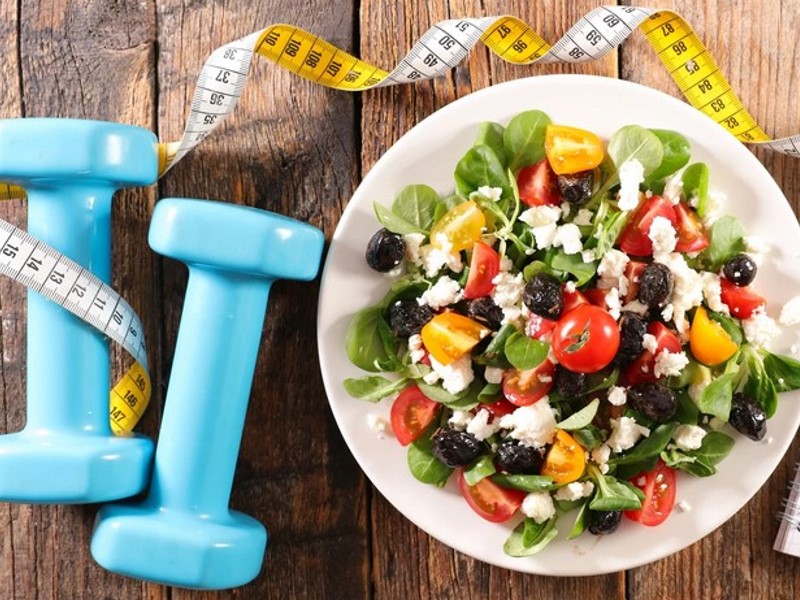Fuel Your Performance with Better Sports Nutrition
Table of Contents
Professional or amateur athletes have always known that proper nutrition will be the critical component of performance. The food you take is what fuels your body, supports recovery, and even enhances the competitive edge. Here are some valuable tips to help you elevate your sports nutrition game.
1. Prioritize Whole Foods
In a world filled with junk snacks and fast food, it’s important to level the playing field with the whole, nutrient-dense food. Fruit and veggies, whole grains, lean proteins, and healthy fats deliver the body’s vitamins and minerals at their performance peaks. Ensure you eat all of the rainbow foods, as they will improve your energy but also support your recovery and reduce the toll of inflammation.

2. Macronutrient Balance
Athletes should know the balance in macronutrients – carbohydrates, proteins, and fats. Carbohydrates are your main source of energy when the intensity of the sports performed is high. Choose foods that have complex carbohydrates since they release energy slowly: Brown rice, quinoa, and sweet potatoes. The building blocks of muscles repair the muscles and help them grow thus including foods like chicken, fish, beans, and dairy products in the menu. Healthy fats in the diet help in the regulation of hormones and body well-being. Generally, carbohydrates take up 50-60% of the plate; proteins 20-30%, and fats 20-30%.
3. Hydrate
Hydration is an ideal performance enhancer. Lack of hydration may reduce endurance as well as strength and will generally reduce performance.
Regular water intake throughout the day, even when not training/competing, is sufficient; however, exercise performance will also be improved by consuming half of one’s body weight in ounces of water every day.
Electrolyte drinks may also prove valuable during intense training or in competitions. Hydration demand may be affected by factors such as environment and intensity level of exercise.
4. Timing Is Everything
What you eat may be as important as when you eat. Timing meals and snacks relative to your exercise sessions can help maximize performance and recovery. A meal eaten 1-3 hours before exercise should consist of a high carbohydrate and moderate protein content. Immediately following exercise, a meal or snack within 30 minutes can replenish glycogen stores and aid in muscle recovery. A good mix is carbohydrates and protein—peanut butter and banana, or smoothie with protein powder.
5. Listen to Your Body
Each athlete is unique, so is his or her nutrition.
- Pay attention to how foods make you perform, have energy, and recover.
- Keep a food journal to track what you eat and how it relates to your training sessions.
- Such awareness can help you determine foods that enhance your performance and those that may impede it.
6. Consult a Professional
For an individual serious about athletics, he should seek the aid of a registered dietitian or a sports nutritionist. He or she can help formulate a plan specific to his or her needs for their sport, in addition to training, as well as what drives that individual to succeed at attaining that goal.
The more professional assistance one obtains for diet optimization, the better off that individual’s performance will be, too.
Better sports nutrition doesn’t need to be rocket science. Focus on whole foods, keep your macronutrients in balance, drink plenty of water, eat at the right times, listen to your body, and seek professional advice. Improve your athletic performance in no time. After all, what you eat can be a game-changer. Fuel wisely and reap the benefits on and off the field.
